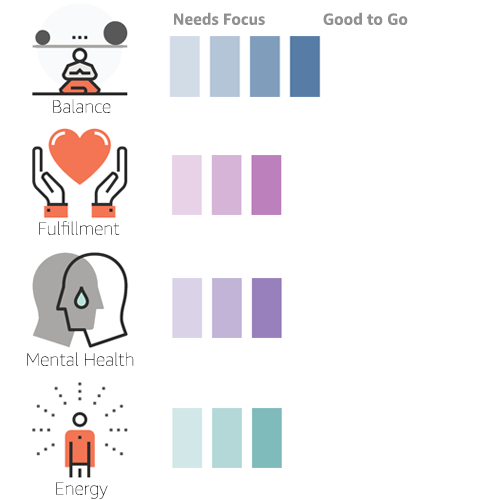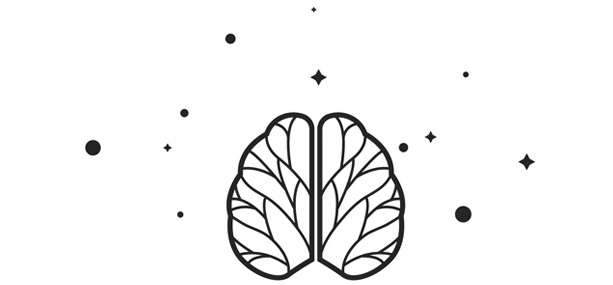Recovery is an uphill battle. For it to be successful, you have to understand what you’re recovering from, what got you to the point of needing recovery, and how to work through it to meet your goal. It’s a tricky process that usually involves pain, heightened emotions, and working through the trauma that got you to where you are. It can feel like you are breaking yourself all over again, but the process is necessary, and we can’t skip steps, or we can injure others in the process.
I’ve been lucky that the people in my life have been open about what they are going through. It’s not that we tell each other everything, but we know we can talk to each other about anything and work it through without judgment or scolding. If you don’t have a group of friends like that, find your people. We all need people like that in our lives. After the year we’ve had, we’re all going to need a little love and support to recover.
After college, I opened a billiard hall for people ages 16 and older. It was a business model my family used over the years that was successful, so I wanted to do what I knew would work for my first business. We had never had a billiard hall, though, our primary business was always nightclubs, so there was a lot I had to learn on my own. The first thing was that billiard halls were most similar to bars, but I didn’t serve alcohol. My clientele was varied in age, ethnic background, socioeconomic standing, and a great mix of people from all walks of life. It was a cornucopia of people almost every night looking to take a break from their day and forget their worries.
When I started to get to know some of our regulars more personally, I realized there was a demographic I never planned on, but they were a large customer segment. Since my establishment was like a bar but was dry, people who were in substance abuse recovery programs would come to play billiards since they didn’t have to worry about alcohol being around. They would bring others from their meetings, a new sponsor or sponsee, and loved ones who they wanted to hang out with but not go to a bar.
For many of these customers, I facilitated a similar role as the bartender to them. I would serve them their sodas and snacks, sit with them, and listen to whatever was on their minds that night. I became a confidant and would try to help them where I could. I always acknowledged that I wasn’t qualified to help in any tangible way, but I could make them feel supported and heard. Sometimes, that was all they needed. With a handful of them, we became very close.
I won’t share any personal stories from this time because I don’t want to out anyone. I will say that over the six years I had my billiard hall, I saw each of these individuals grow and work through their recovery in their own ways. I only knew the information they shared with me, whether it was all true or not, is still a question that pops in my head when I think back to specific conversations. A few practiced making their amends with me. I would listen to what they planned to say and tell them what I would say to someone in my life knowing what they just told me. I’d like to think it helped them prepare for whatever responses they got, though many I wouldn’t see again to find out. A couple of people I got close to made amends to me after some time had passed. We spent a lot of time together in those days when things were simpler. I even have a few permanent scars from some, but those stories are for another post.
Some didn’t stay sober, and some kept on a sober journey through the years. A few I still speak to today, more than 15 years later. I learned that everyone’s path to recovery is unique to them and their circumstances. You can never tell who will have what outcome. People always surprise me with what they can achieve under the right circumstances. While much of our success lays solely on our shoulders, it takes a village sometimes to ensure we don’t relapse or intentionally, or unintentionally, erase all the progress we made with a few poor choices.
Every person has or is going through something that requires aftercare. Part of that recovery is assessing the damages, and it’s the easiest step to mess up. It requires us to own up to what we are dealing with and how we feel; both are hard enough on a good day, let alone on a day we are hurting. We have to be honest with where we are at to define our path forward, and unfortunately, we are the easiest people we lie to. The way to recovery is easiest when we look to professionals and our trusted friends and family circle. We can’t do it alone, and we will rely on others to help us stay motivated, keep us honest, and cheer us on when we succeed.
This project is helping me recover, and it’s part of a long journey. I plan to continue healing and hopefully find balance in my day-to-day. As functioning adults, we may not realize all the normalized factors that slow us down or tip us one way or another. I challenge you to think through something that pains you or keeps you uneven. Work towards resolving it, find your balance. It may take time and a conscious effort, but never stop working on yourself. It’s easy to forget to focus on your own healing when you have loved ones, families, or children to care about. One day, they may need you for help, and you have to be strong enough, emotionally, and physically, to support them when and if they ask for it.


